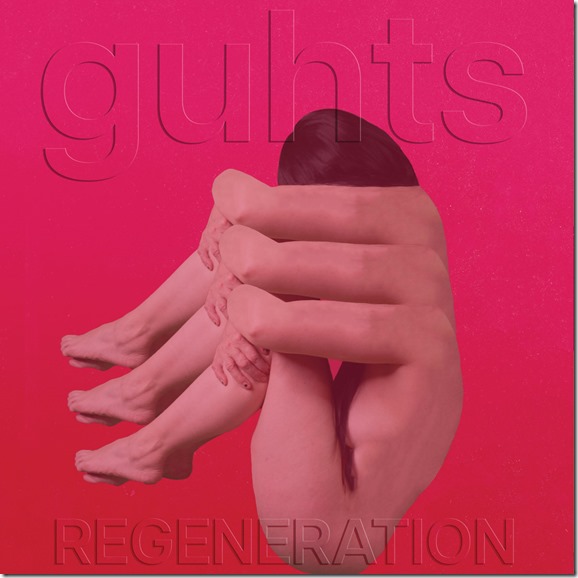Klonosphere Records – 3rd May 2024
Christopher Nosnibor
If there’s one thing you need to learn about Djiin, it’s that they don’t bend or bow to conformity, and they come from a quite different angle in comparison to the majority of bands pedalling riffs and noise.
Their bio describes them as ‘a psychedelic stoner-rock band whose name is inspired by a psychedelic stoner-rock band whose name is inspired by spirits and other beasts of the Semitic beliefs and traditions. Influenced by 70’s progressive rock and krautrock bands, doom scene and heavy rock from the glory days of the early Sabbath era, as well as other modern references based on the diversity between western and traditional eastern sounds, Djiin develops a personal, atypical and captivating universe. Spirits and other beasts of the Semitic beliefs and traditions. Influenced by 70’s progressive rock and krautrock bands, doom scene and heavy rock from the glory days of the early Sabbath era, as well as other modern references based on the diversity between western and traditional eastern sounds, Djiin develops a personal, atypical and captivating universe.’
You may need a moment to step back and digest the depth of this. Djiin are not your average metal act.
‘Blind’ blew us away as a single cut ahead off the album’s release, and while it’s in some ways representative, it’s also the soft end of the band’s sharp wedge.
The title track twiddles and widdles in a way that Bill and Ted would probably flail over, and it’s a textured, detailed post-rock epic reminiscent of the hectic fretwork that dominated the sound of 2004-2006, but doesn’t sound in any way dated – not least of all because this is a pummelling blast of noodlesome guitar noise which transcends the confines of time or genre, lunging and lurching against a host off walls which confine genres within narrow, predetermined confined.
‘In the Aura of My Own Sadness’ is a glorious sprawl of post-rock exploration which ventures into a host of territories which are hard to unpack, not least of all because of some of the way if delves into detailed noodly territory, breaking into hefty tribal tones of the pulverising slow doom of the closer, ‘Iron Monsters’.
Mirrors may only contain five tracks, but in terms of depth and quality of content it offers a considerable amount more via its layered, if brutal, soundscape, which carves deep. It’s heavy album, and that’s for sure, and one which doesn’t conform to the distinctions of genre. But genre distinctions count for nothing: what counts is a that his is a raging apocalyptic blast – and it’s good.
AA









